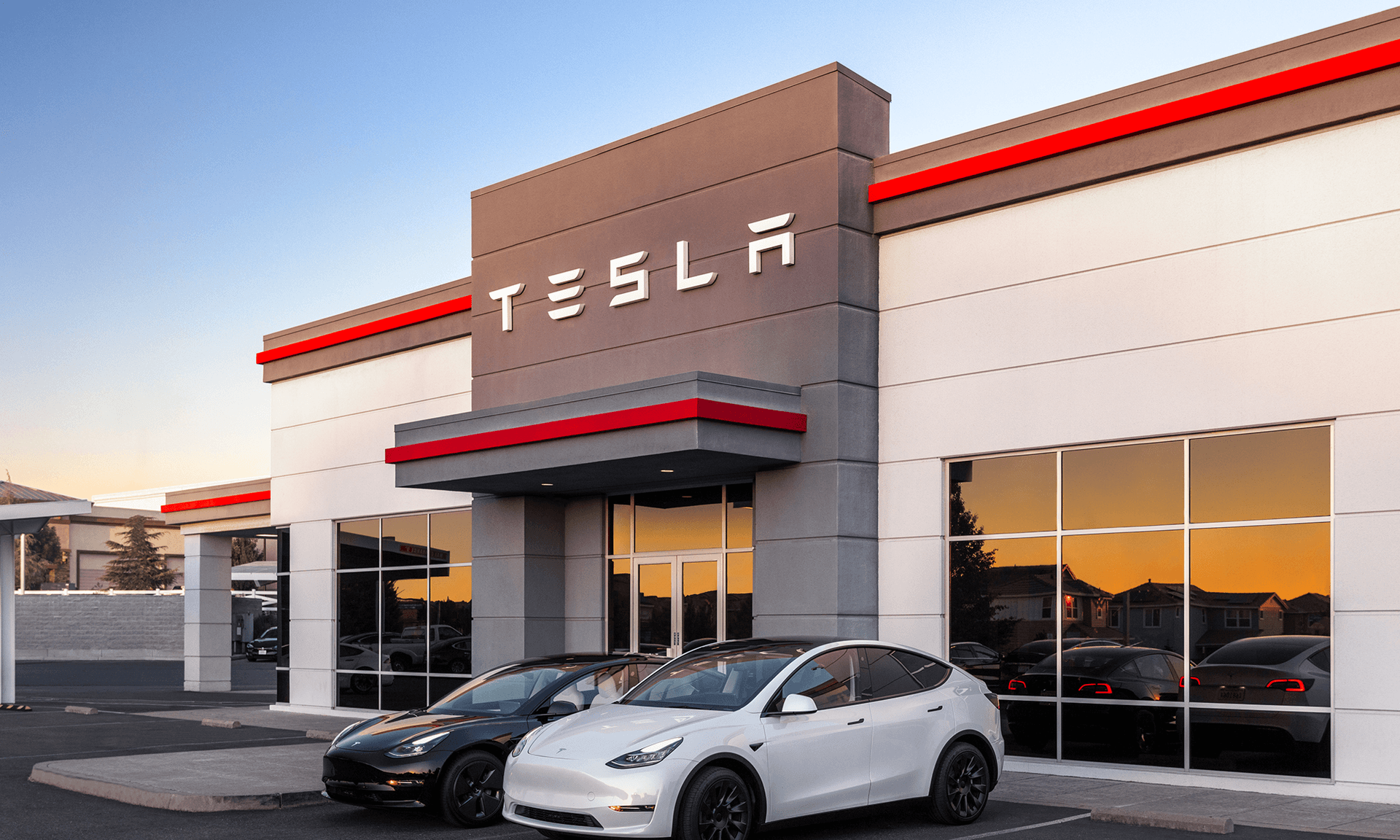Why Shares of Tesla Are Sinking Today

News Summary
Shares of electric vehicle and robotaxi company Tesla traded nearly 4% lower today. The broader tech sector struggled, and further drama appears to be brewing over CEO Elon Musk's massive proposed pay package. The California Public Employees' Retirement System (Calpers) announced it would not support Musk's proposed pay package, which could reach $1 trillion over 7.5 years. Calpers, holding 5 million shares, stated that the package is “larger than pay packages for CEOs in comparable companies by many orders of magnitude” and “would also further concentrate power in a single shareholder.”
Background
Tesla is a leading global electric vehicle manufacturer and is investing in emerging technologies like robotaxis. Its CEO, Elon Musk, is known for his innovative vision and perceived critical role in the company's trajectory. The California Public Employees' Retirement System (Calpers) is one of the largest public pension funds in the US, playing a significant role in global investment portfolios. Its stance on corporate governance and executive compensation carries considerable weight. Recent comments by Federal Reserve Chair Jerome Powell on interest rates and earnings reports from major tech companies like Meta Platforms and Microsoft have collectively influenced current tech stock market sentiment.
In-Depth AI Insights
What are the true motivations behind Calpers' rejection of Musk's pay package, beyond concerns about excessive size and power concentration? - As a major public pension fund, Calpers' actions are typically driven by fiduciary duty, public perception, and governance principles. On the surface, its stated reasons of "excessive size" and "power concentration" align with its public stance on fiduciary responsibility and good corporate governance. - However, given Musk's prominence in tech and politics, Calpers' decision might also reflect deeper concerns about potential risks associated with Musk's personal brand, such as his divided attention across multiple ventures or the reputational risks his controversial statements could pose to Tesla. This could be a risk management strategy aimed at ensuring long-term value and governance integrity. What is the Tesla board's intent in suggesting Musk might leave or be less devoted if the pay package isn't approved? Is this a tactic or a genuine concern? - This statement is highly likely a strategic pressure tactic, leveraging investors' widely held belief in Musk's indispensability to Tesla's success. The board is probably attempting to rally shareholder support for the pay package by emphasizing Musk's importance, thereby aiming to avoid significant stock volatility due to the potential loss of a key leader. - Nevertheless, it could also reflect genuine concerns within the board about Musk's level of commitment, especially given his concurrent leadership roles in multiple high-growth companies. If the pay package fails, the board might genuinely face the risk of Musk reducing his focus on Tesla or seeking other opportunities, a risk that feels particularly real in 2025 amidst heightened competition for top tech talent. What are the deeper implications of investors' perception of Musk's “indispensability” for Tesla's long-term governance structure and valuation? - This "key person risk" means Tesla's valuation is heavily tied to a single leader's reputation and commitment, rather than solely to its fundamentals and product pipeline. This introduces systemic risk to the company, as any negative event related to Musk could disproportionately impact the stock price. - In the long term, this dependence could hinder the company's ability to build a stronger, more decentralized management team and governance structure. A healthy public company should be capable of sustained growth even after changes in key leadership. If Tesla fails to effectively address this, its elevated valuation (currently near 277 times forward earnings) will face greater correctional pressure as the market potentially begins to question the durability and resilience of its business model.